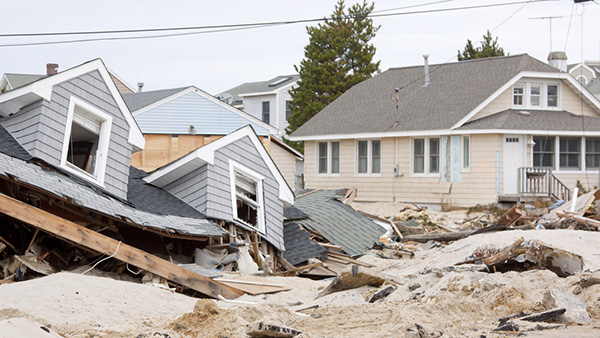Hurricane season is underway in the United States, and a lot of homeowners who could get hit by bad weather are not adequately insured against potential damages. According to a Wall Street Journal report, the issue lies mainly in a lack of flood insurance, which usually must be purchased from the U.S. government as a policy separate from a more conventional homeowner’s policy.
“Many people thought that they had a fully insured home or fully insured business” before 2017’s three major hurricanes that made landfall in the United States: Harvey, Irma, and Maria. After Texas, Florida, and Puerto Rico suffered under these storms, many of their residents “discovered there were some exclusions in their policies,” lamented Iraelia Pernas, an executive director for an insurance industry group based in Puerto Rico.
One-Third of Claims Closed Without Payment
In Houston, about 70 percent of the flood-related damage from Harvey was not covered by insurance according to real estate data firm CoreLogic. About a third of all Harvey-related claims were closed without any payment made. CoreLogic analysts noted that in Florida, Hurricane Irma claims also were closed without payment in about a third of the cases, which numbered about 1 million.
What Causes This Confusion?
“Many people are not aware that Flood coverage must be purchased separately from their Property or Liability policies,” observed BreAnn Stephenson, assistant vice president at Affinity Loss Prevention Services (ALPS) on the company website in the “Flood” section of her educational series, “Is It Covered?” She went on, “Your agent can typically write a Flood policy for your property. It may be written through the National Flood Insurance Program (NFIP) or a private insurer, but you will always have a separate Flood limit and Flood deductible.”























0 Comments